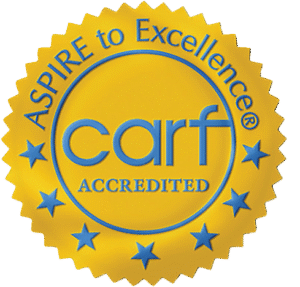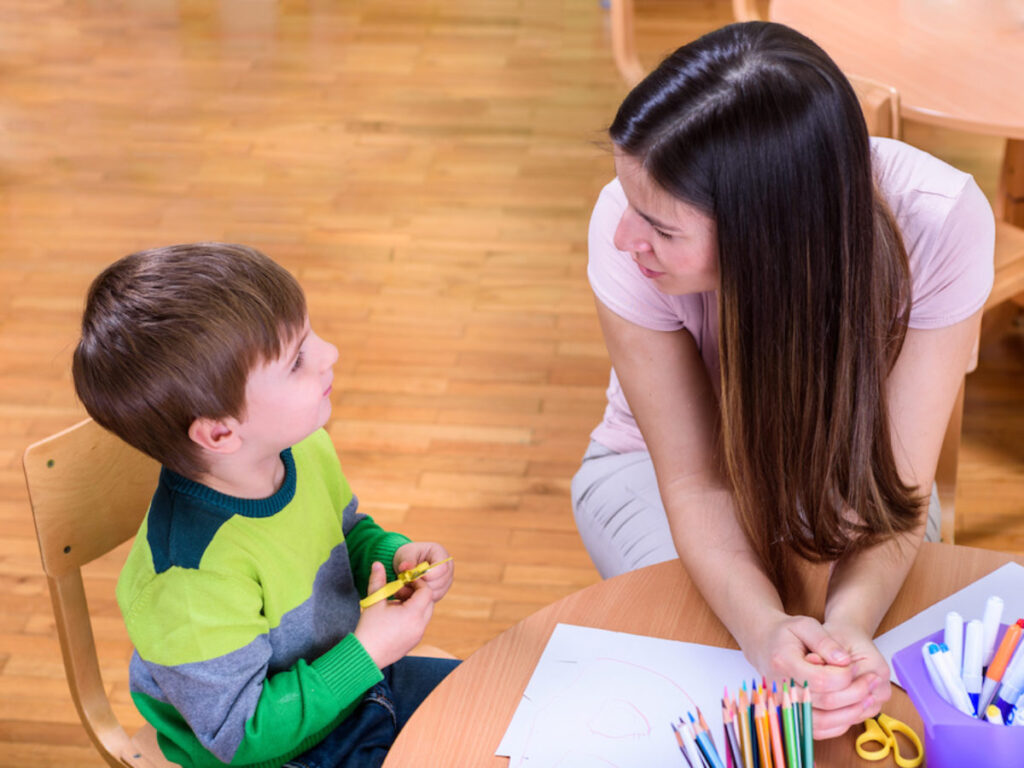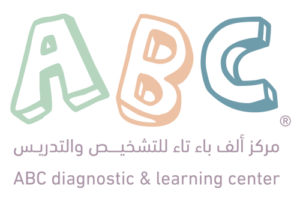“Discipline is not something you do to children; it is something you develop within them”
Becky Bailey PhD
What should you know about conscious discipline?
Conscious discipline is a targeted program for enhancing social-emotional learning effectively. Mainly, it is a process of integrating learning and training children how to control and regulate themselves at once. The emotional aspect awareness; will improve the child’s ability to respond to their different feeling such as sadness, happiness, anger, shock, fear, and so on. In short, it teaches the kid how to act consciously like adults.
Children are more emotionally triggered, they may act aggressively when they anger or sad. So, this program helps them to manage their feelings. Conscious Discipline is directly connected with the state of the brain. When the child is consciously behaving, they have a higher level of reasoning which results in more controlled behaviors.
How could parents affect their children emotionally?
Both environment and atmosphere that surrounds the child have a great impact on the children’s emotional aspect.
Particularly, parents should watch their behaviors in front of their children. If they act calm when they are angry, their children will acquire this nature, in return, if they behave rudely when they are nervous, this also could affect their children emotionally. Once parents improve their knowledge, they will take action differently.
How could you implement conscious discipline?
First of all, parents should believe that threatening their kids with punishment won’t work. Instead of yelling at your child, try to calm him down by saying these phrases or similar “you’re safe”, “breathe deeply”, “inhale and exhale”, etc.
.
Read about the best program BrainRx for children.
.
Here are some ways that would be useful for enhancing conscious discipline at home:
- Parents should know it takes time and effort
Conscious Discipline is a long journey that takes effort. At first, parents should work with their children to master a skill just 20% of the time.
After a while, the brain will gravitate towards more cognitive skills. Certainly, some parents could be less patient than other ones, but when you feel that you are restless, try to acknowledge it.
If your child failed the first time, tell them to try again. Let your child feel how they make mistakes and how to recover from them.
- Try to organize tasks visually
Kids are well organized when you put all their tasks in front of their eyes and remind them using a visual style like a chart. Perhaps it is such a calendar with pictures that shows which days a child has art class or soccer practice. Children, especially those under the age of seven, have fine responses to images because they are easier to understand than words.
.
Also, learn about Cognitive Training And Its Relationship With The Academic Success
ABC Diagnostic and Learning Center provides a stimulating experience that promotes each child’s academic, cognitive, physical, and social development. For example, children who do not have enough conscious discipline, need academic intervention and Brain training services. Book an appointment to take the benefits that you are looking for.









